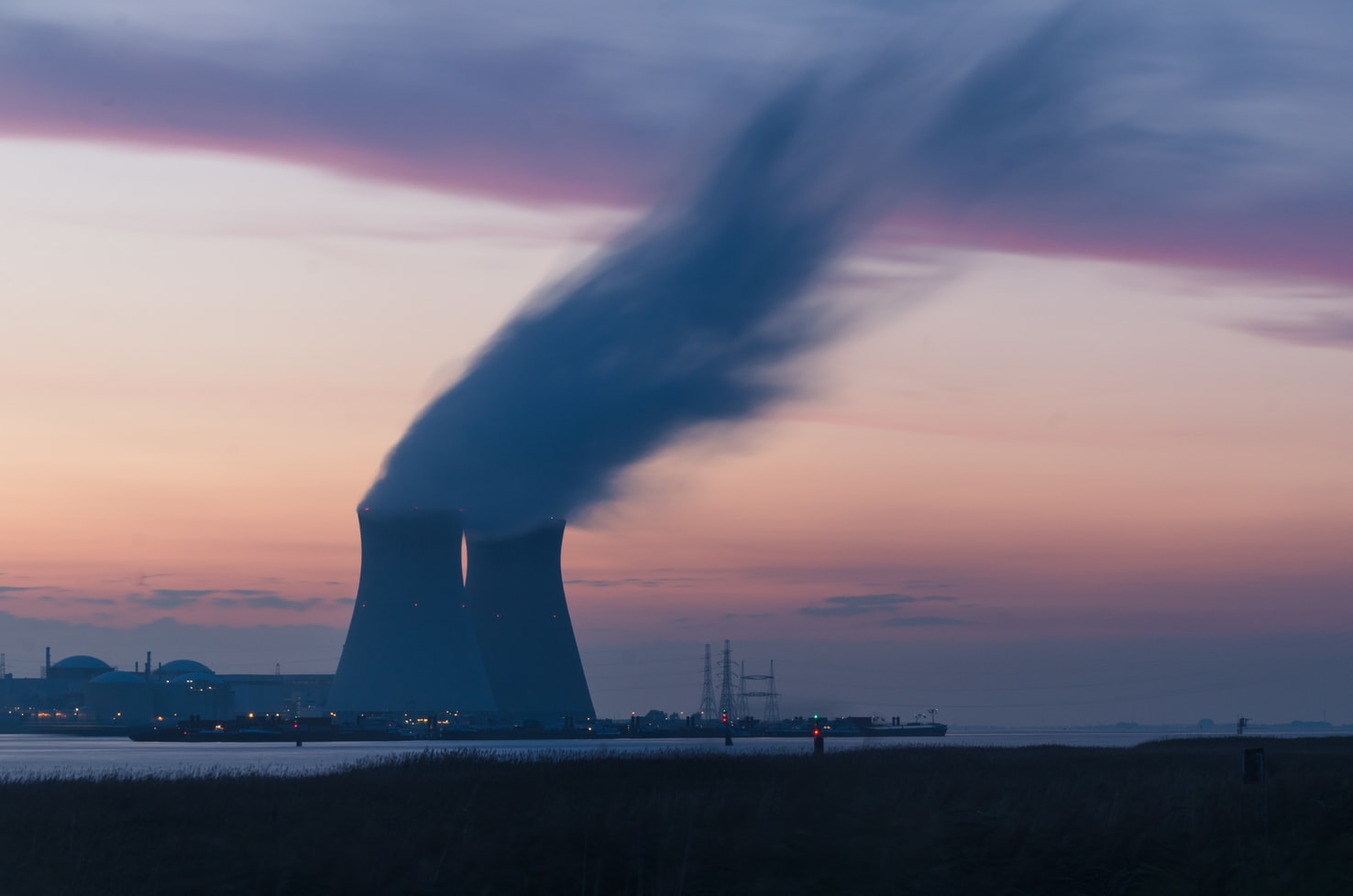By Andreas Rasche
◦ 3 min read ◦
The EU Taxonomy reflects a classification system that assesses whether certain economic activities are environmentally sustainable. Without doubt, the idea is a good one and the Taxonomy acts as a prerequisite for the EU’s Corporate Sustainability Reporting Directive (CSRD) and the Sustainable Finance Disclosure Regulation (SFDR) to unfold their full potential. But: should fossil gas and nuclear power be included into the Taxonomy and hence count as environmentally sustainable? A leaked EU “non-paper” seems to suggest exactly that…
Including fossil gas and nuclear power will significantly harm the Taxonomy, both in terms of its perceived legitimacy but also in terms of its consistency with existing policy frameworks and regulations. I believe that there are three key points to consider:
- Legal Inconsistency: Including fossil gas and nuclear power into the Taxonomy is likely to undercut the very regulation that the Taxonomy is based on. Article 10 of the Taxonomy Regulation (EU 2020/852) makes clear that an economic activity is considered sustainable if “that activity contributes substantially to the stabilisation of greenhouse gas concentrations in the atmosphere” (my emphasis); at least for fossil gas this is highly questionable. Although nuclear power is a low-carbon energy source, it is by no standards a safe alternative to renewables. In fact, it is a risky energy source, especially if we consider its entire life cycle. This is exactly why many investors see nuclear power as an exclusion criterion for sustainable finance products. When considering the entire life cycle of nuclear power, this energy source creates non-calculable risks vis-à-vis the Taxonomy’s environmental objectives (e.g., the protection of healthy ecosystems). For instance, the mining and processing of uranium has a questionable sustainability track record.
- Policy Inconsistency: The EU itself suggested that to reach its goal to reduce emissions by 55% until 2030, there is need to cut 30% of the total consumption of fossil gas by 2030. However, including fossil gas into the Taxonomy will re-orient capital flows in a way that money is flowing into this sector (and not away from it). At the end, it is likely that this will lead to higher usage of fossil gas, much beyond the “transitional use” that the EU intends to establish. Further, a number of EU member states have pledged during COP26 to show “public support towards the clean energy transition and out of unabated fossil fuels.” This pledge does not seem well aligned with an inclusion of fossil gas into the Taxonomy.
- Reduced Perceived Legitimacy: A factor that is less debated in the public, but still very relevant, is the reduced legitimacy of the Taxonomy. Although the Taxonomy, and linked regulations like SFDR, imply more work and a certain “bureaucratic burden” for financial market participants, many market actors have welcomed the new regulations. They increase transparency, make greenwashing harder, and hence have the power to re-orient capital flows into sustainable economic activities. Including fossil gas and nuclear power into the Taxonomy, endangers this legitimacy. In fact, the Taxonomy may move “from hall of fame to wall of shame”, as the WWF recently suggested.
At the heart of the problem, lies a misunderstanding, I think. The EU Taxonomy is supposed to single out those economic activities that have the potential to make a substantial contribution to reaching six environmental objectives. Just because an economic activity is a little less unsustainable than comparable activities, it is not ipso facto sustainable. Being less unsustainable is different from being sustainable. Put differently, just because nuclear may be “cleaner” than coal does not imply that the former contributes to sustainability.
It is often argued that fossil gas and nuclear power need to be included into the Taxonomy as they are necessary “transitional activities”. I believe this claim is misleading:
- Focusing on “transitional activities” sets the bar very low for Europe’s ambitions Green Deal. Ursula von der Leyen called the Green Deal Europe’s “Man on the Moon” moment, pointing to its ambitious character. If contested energy sources like fossil gas and nuclear power become part of the Taxonomy, we have not put a man on the moon. Maybe, then, we have not even managed to let the rocket start…
- Excluding fossil gas and nuclear from the Taxonomy does not imply that these energy sources will vanish overnight. It simply means that they will not be considered a sustainable economic activity (like a number of other economic activities).
It is time to take the Taxonomy seriously, otherwise we may slow down or even hinder the necessary green transition of Europe’s economy…
About the Author
Andreas Rasche is Professor of Business in Society and Associate Dean for the Full-Time MBA Program at Copenhagen Business School. More at: www.arasche.com.
Photo by Frédéric Paulussen on Unsplash
